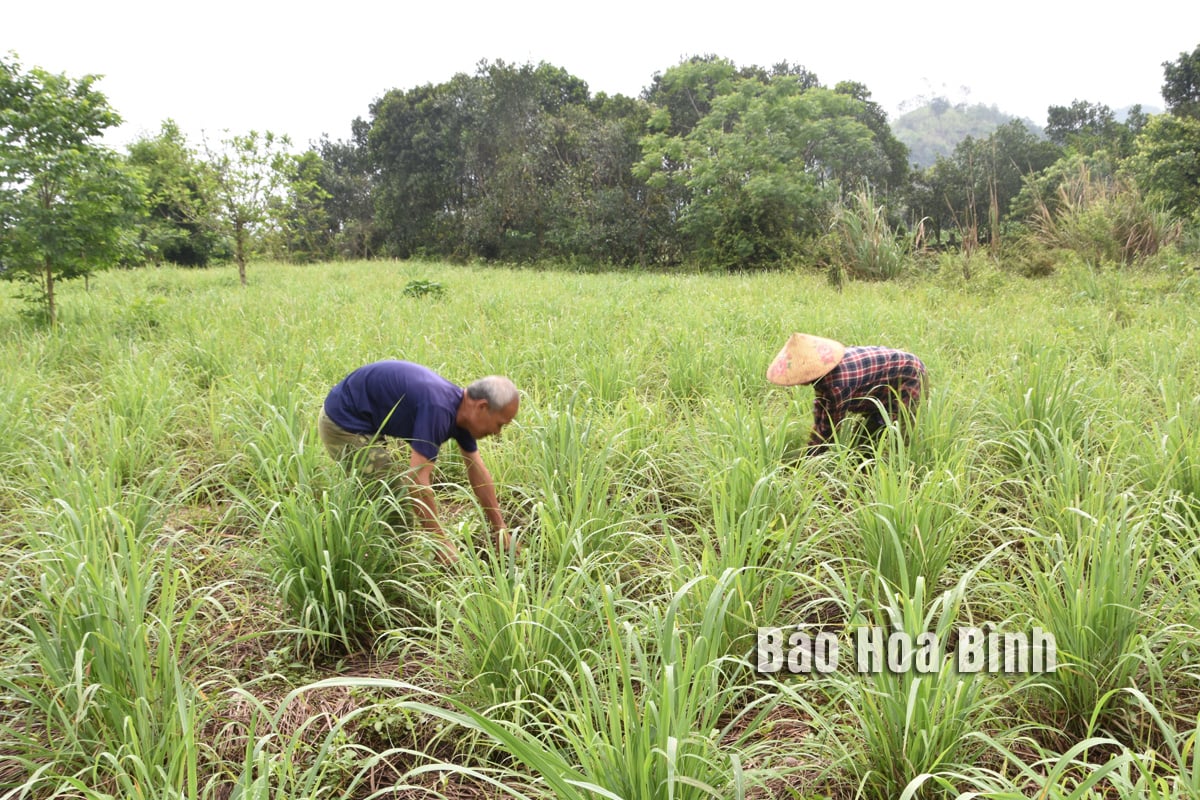
Since joining the cooperative, Ms. Ban Thi Thinh's family in group 9, Thong Nhat ward ( Hoa Binh city ) has had a stable income from lemongrass.
Many years ago, Ms. Xa Thi Sinh in Tram hamlet, Tan Pheo commune (Da Bac) raised native pigs. At that time, raising pigs was only for use on holidays, Tet or when the family had work. Animal feed made use of by-products in the family, if a few more pigs were raised, they were sold to surrounding households in need. In 2021, she joined the Tam Cuong Tan Minh multi-industry cooperative as an associated household, and her family's livestock farming shifted towards commodities. The barn was expanded, and investment was made in raising purebred native pigs. This breed of pig is favored by the market because of its delicious meat. Ms. Sinh said: Since joining the cooperative, my family has expanded livestock farming and has a stable source of income. Livestock farming is suitable for the locality because it makes use of agricultural by-products and idle farm labor.
Mr. Ha Van Vung in Tram hamlet, Tan Pheo commune has been raising native pigs for many years. He said: "In the past, my family raised pigs on a small scale, only a few for family use. Economically, raising pigs was still more effective than other livestock, so my family expanded the scale. With an area of about 3 hectares, I fenced off more than 70 pigs, invested in simple barns, and did not require much care. I plan to continue raising about 200 pigs. This is a suitable direction for people in the Da Bac highlands."
Not only Ms. Sinh and Mr. Vung’s families, but many households in the highland communes of Da Bac district have changed their thinking and ways of raising livestock. Raising livestock is not only for family use but also a main source of income.
Ms. Ha Thi Tam, Chairwoman of the Board of Directors and Director of Tam Cuong Tan Minh Cooperative, shared: Currently, the cooperative's black pig farming scale is about 200 pigs/batch. The cooperative has linked up with 25 households in the commune to ensure the supply of goods to the market. The households have signed a commitment with the cooperative to ensure the source of breeds and technical farming processes. The cooperative guarantees to purchase commercial pigs at a price of 80,000 VND/kg. The cooperative has invested in a slaughterhouse system with preservation equipment and vacuum machines, ensuring that pork is always fresh and delicious when delivered to customers, even those from far away. The products are labeled with traceability labels, with clear codes and barcodes. Jaw-hooked pork is sold by the cooperative at 130,000 VND/kg; retail vacuum-packed pork is 150,000 VND/kg. On average, the cooperative consumes about 500 kg of commercial pigs per month. Currently, the demand for clean food among consumers in provinces and cities is very large. Every year, during the Lunar New Year, we do not have enough goods to supply the market. On average, we consume more than 100 black pigs during Tet. I believe that after Tan Minh local pig products are recognized as meeting OCOP standards, the market will expand. Therefore, the cooperative wishes to cooperate with black pig breeding cooperatives in the province. From there, it will create a chain linking the black pig industry in the province, ensuring supply for the markets of provinces and cities across the country.
Previously, lemongrass products of people in Thong Nhat ward, Hoa Binh city were grown for home use. Families who had a lot sold them in small quantities at the market. Since the Dao Thong Nhat agricultural cooperative was established and started making lemongrass essential oil products, in addition to selling lemongrass roots to the market, people have also used lemongrass leaves to sell to the cooperative to make essential oil. Since then, the lemongrass area has expanded to more than 20 hectares and has become the main crop of the locality.
Ms. Ban Thi Thinh in Group 9, Thong Nhat Ward said: My family has an area of 2 hectares. Previously, we grew sugarcane and corn, and consumption depended on the market. For many years, sugarcane was cheap and we didn't want to harvest it. Since the establishment of the cooperative, I switched to growing lemongrass. Taking care of lemongrass is less costly and labor-intensive. On the other hand, we harvest regularly and the price is stable, suitable for farmers.
Ms. Nguyen Thi Binh, Director of Dao Thong Nhat Agricultural Cooperative, said: Previously, households grew lemongrass on a small scale, so they did not form a cultivation area. From the association with producers, the model has developed more sustainably. The large raw material growing area and lemongrass essential oil production create economic efficiency, increasing income for people. From there, people have boldly converted the small, fragmented production model to concentrated, large-scale production with high quality standards. This is a long-term direction to create a key area in the development of agricultural commodities in the province.
Viet Lam
Source: https://baohoabinh.com.vn/12/201294/Thuc-day-san-xuat-nong-nghiep-theo-huong-hang-hoa.htm







![[Photo] Prime Minister Pham Minh Chinh chairs the Government's special meeting on law-making in May](https://vphoto.vietnam.vn/thumb/1200x675/vietnam/resource/IMAGE/2025/5/22/1c880aae96fd4e0894abc47a46fe19ba)
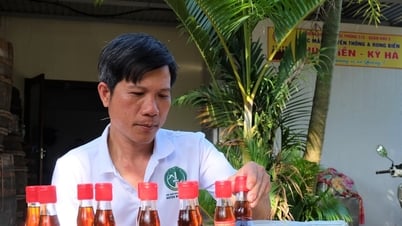















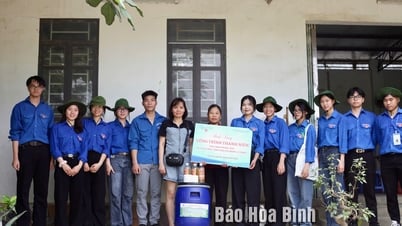
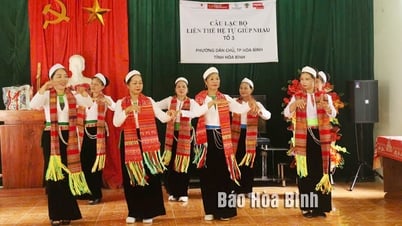
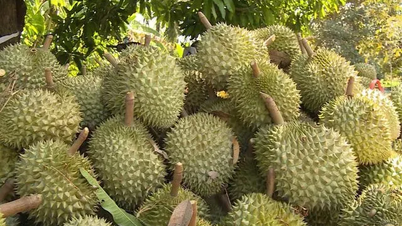


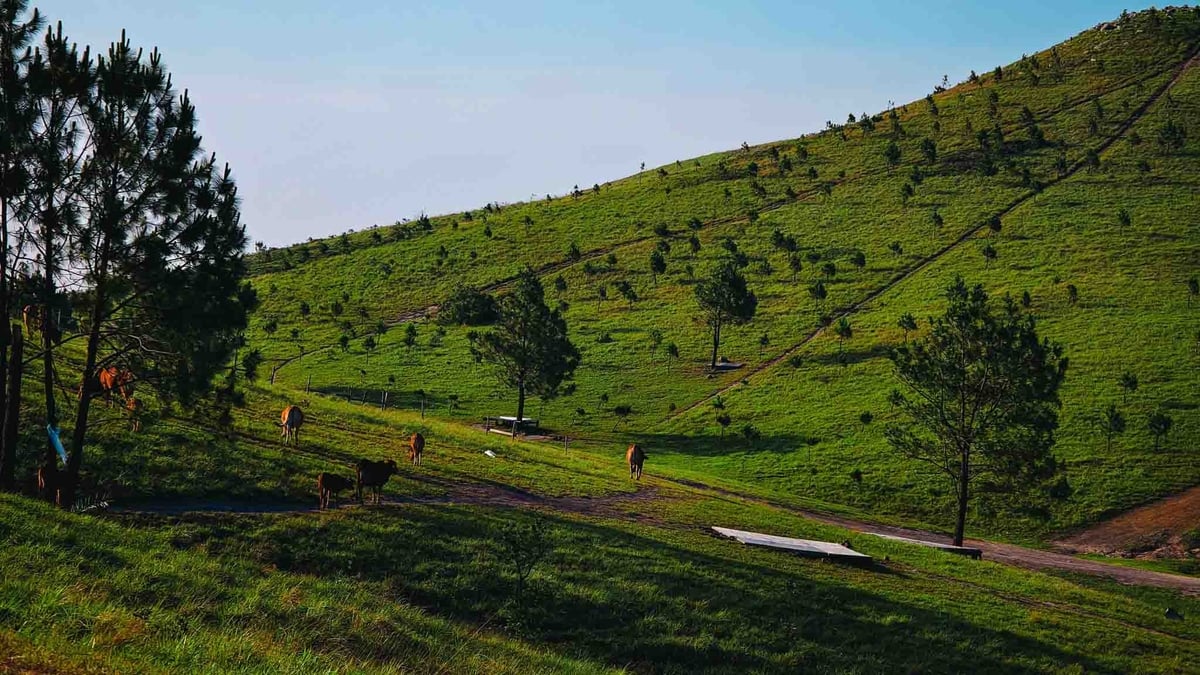









































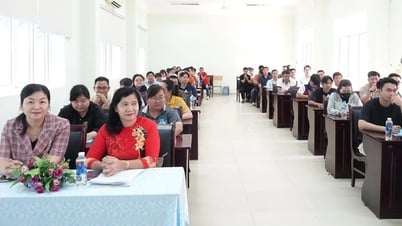


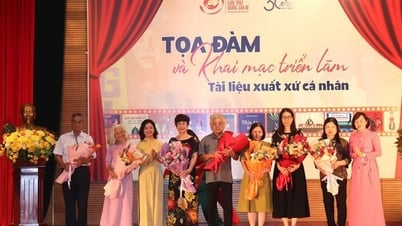

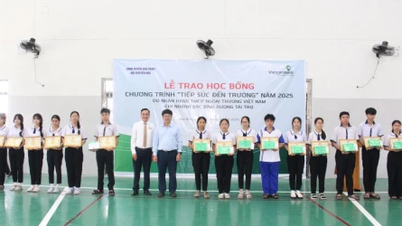



![[Infographics]: Which exceptional cases will be issued paper Health Insurance cards from June 1, 2025?](https://vphoto.vietnam.vn/thumb/402x226/vietnam/resource/IMAGE/2025/5/22/d05f5a2fb7c34b69a51e0dbe5c5f4d18)







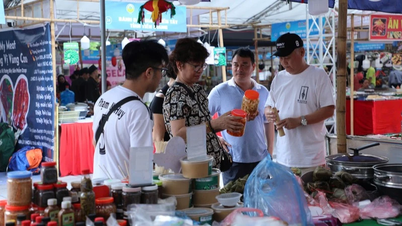


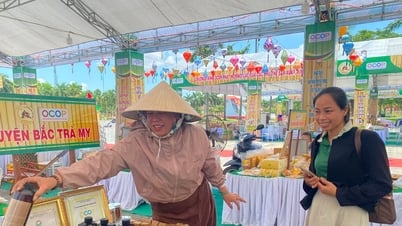
Comment (0)